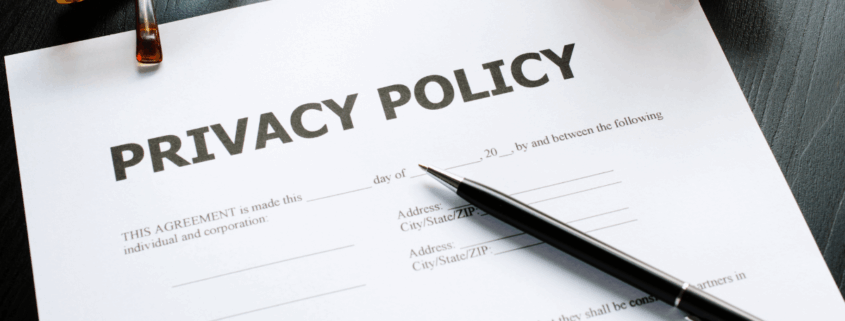Handing Tenant Privacy Concerns: Legal Guidelines for Property Managers
As a property manager or landlord, understanding tenant privacy is a crucial part of your job. Tenants have a right to feel secure in their homes and know that their personal information is protected. Knowing and respecting these privacy rights not only helps you avoid legal trouble but also builds trust and a good relationship with your tenants. Security breaches that violate a tenant’s rights can be incredibly expensive for landlords; this is not an area where you want to learn by trial and error.
Legal Framework for Tenant Privacy
Tenant privacy is protected by both state and federal laws. These laws specify what personal information can be collected, how it must be stored, and who is allowed to access it. For instance, the Fair Housing Act requires that sensitive data like social security numbers, financial details, and rental history be handled carefully. In Maryland, tenants have a legal right to privacy. This means that the landlord does not have the right to enter at any time or for any reason. Property managers must be knowledgeable about these regulations if they are to protect tenants from harm and safeguard landlords from lawsuits. It’s important to keep up-to-date with any changes in relevant laws and to implement practices that protect tenant information.
Common Privacy Concerns
Tenants often have worries about their privacy being respected. One major concern is unauthorized entry by landlords. It’s crucial—and legally required—for property managers to always give notice and get consent before entering a tenant’s apartment. Another issue is the improper handling of personal information. Sensitive details like social security numbers and financial information should be kept secure and only accessible to those who need it for valid reasons.
Additionally, poor security measures can make tenants feel unsafe. Property managers need to ensure that both digital and physical records are protected with strong security practices.
A relatively new area of concern for tenants comes from smart technology in homes. A property manager or landlord having access to data from smart devices, such as security cameras or thermostats, can intrude on a tenant’s privacy.
Best Practices for Protecting Tenant Privacy
Property managers can take several steps to protect tenant privacy effectively. Start by ensuring all tenant information is stored securely. Use strong security measures like encryption for digital files and lockable cabinets for paper records. Regularly update passwords and restrict access to sensitive information to only those who need it. Clearly communicate privacy policies to tenants so they understand how their information is protected. Regularly review and update these policies to stay current with legal requirements. Training staff on privacy best practices is also essential. Run regular audits to ensure compliance and identify areas for improvement.
Handling Privacy Breaches
Despite your best efforts, privacy breaches still happen. When they do, quick action is crucial. It also shows tenants that you are making a good-faith effort to fix the situation. First, notify the affected tenants right away. Let them know what happened and what steps you are taking to fix the issue.
Next, investigate how the breach occurred. Identify any weak spots in your current practices and make necessary improvements to prevent future problems. This might include updating your security measures, changing passwords, or retraining your staff on privacy protocols.
Physical breaches of privacy can also make tenants feel unsafe. If they are severe enough, the tenant may even have grounds to break their lease without penalty. For example, repair personnel entering the unit without appropriate notice and walking in on a showering or sleeping tenant can cause serious distress for renters. A well-meaning property manager letting an unauthorized person into an apartment because they claim to be related to the tenant can also put tenants in harm’s way, not to mention the legal risks they expose landlords to in taking such brazen chances with tenants’ safety.
If the breach is serious or if you’re unsure about the legal implications, it’s wise to consult a landlord-tenant lawyer. They can provide guidance on how to handle the situation and ensure you are following all legal requirements. Taking these steps can help you manage the breach effectively and prevent similar issues in the future.






